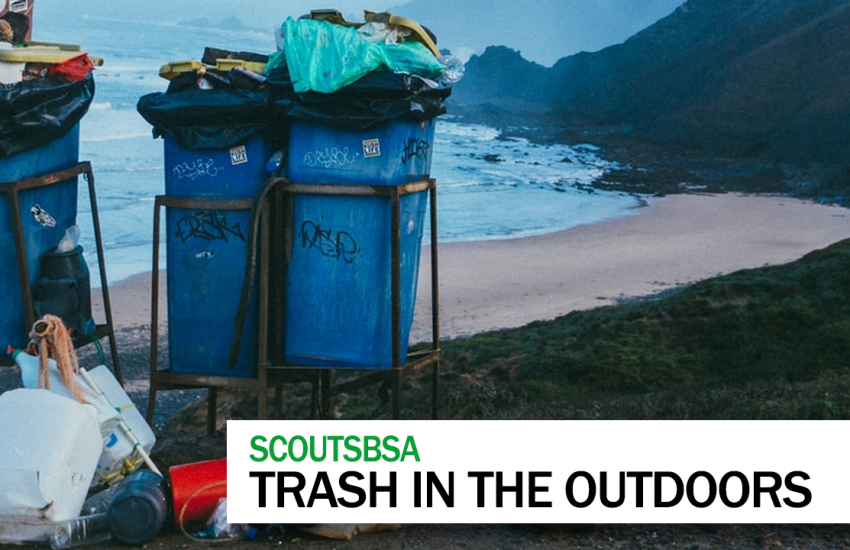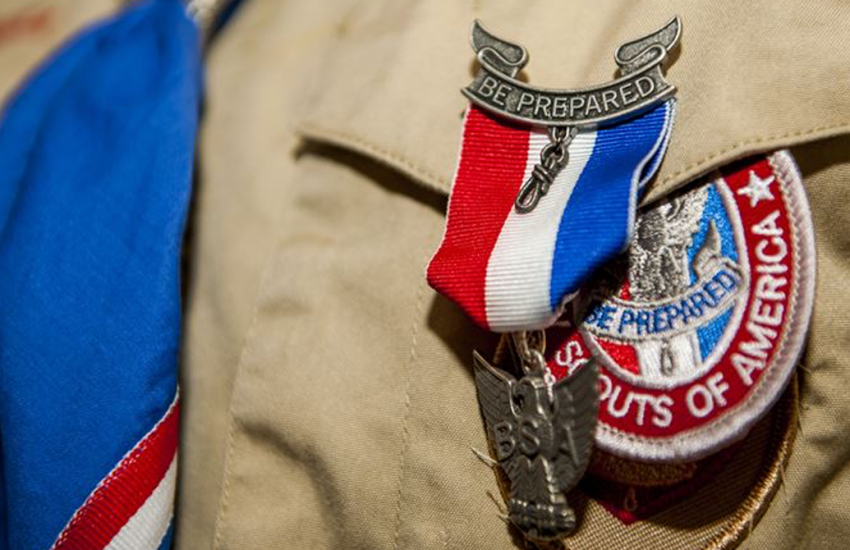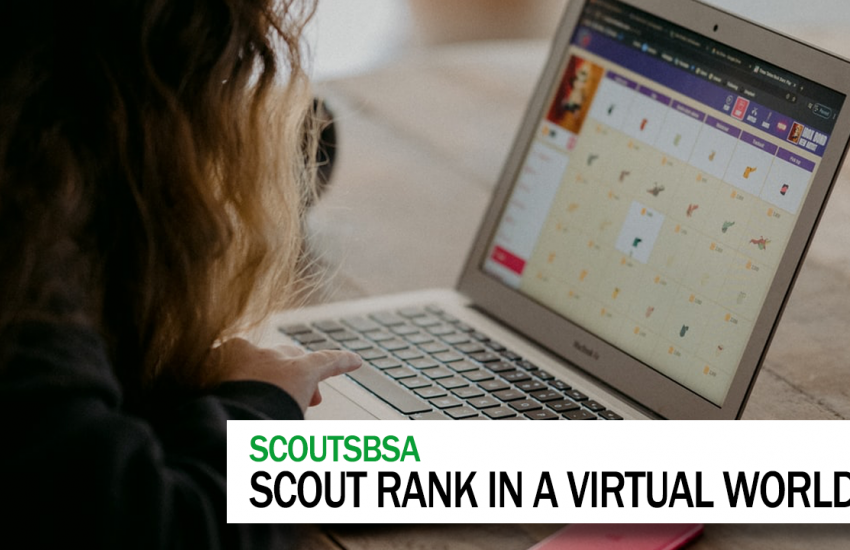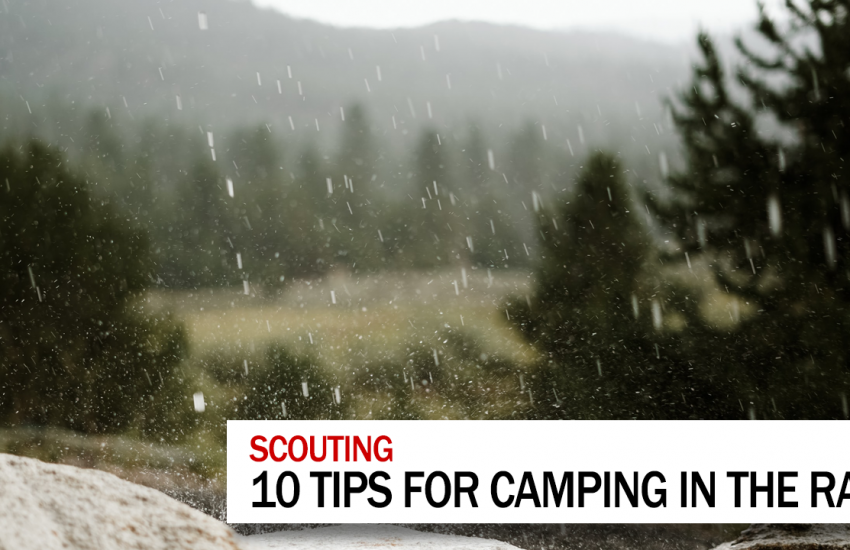A discussion of minimizing the trash in the outdoors, and giving the scouts an appreciation for consumables they leave behind to be better stuarts of the environment
Show Notes:
- How to Deal with Trash While Camping and Hiking
- 10 Ways to Create Less Trash at Camp
- 10 ways to reduce plastic waste while camping
- 5 Great Waste Reduction Tips for Camping and Picnicking This Summer
Transcript:
A troop or a pack in the outdoors has the potential to create a mountain of trash to dispose of on a standard camping weekend.
This scoutmaster Dave talks about ways to minimize the trash, and give the scouts an appreciation for the consumables they leave behind.
In some backcountry environments you must pack out everything you packed in. This can also include your own bodily waste. But putting aside bodily waste, as it’s own topic, lets talk a little about the garbage that gets created when camping.
Younger scouts especially fall victim to a failure to plan properly to minimize the waste they produce. But as leaders it’s our responsibility to teach them to be more thoughtful in the preparation process to minimize the waste. If you don’t those younger scouts will soon become older scouts who not only make lots of garbage but reinforce these bad habits to younger scouts, perpetuating the cycle.
The preparation process begins when developing your menu and your shopping list.
If you are doing patrol cooking, that is cooking with a small group of boys or girls, it’s important to first understand portion control. If they are planning on making rice for instance, and the serving size for a portion is a 1/3 of a cup, don’t plan on bringing enough to serve a full cup per person.
Now, in the woods, I usually plan for a bit more, as you burn more calories, so lets say if the portion is 1/3 of a cup, plan for ½ a cup, and if you have six scouts that means you need 3 cups of rice.
From here you have your first choice, that of a box of rice that contains 3 cups, or larger box that contains 12 cups. The second is more economical, and you can save money in the long run, or split a box with another patrol. But in either case if you are not going to using the majority of the product, transfer what you need to a plastic bag or more preferably a reusable container that makes its way back home.
This same decision should be made with each of the ingredients’ purchased. By doing this you reduce the containers that are going right into the trash.
While it’s not always possible, to avoid all garbage, such as containers for meats, as rewrapping them will use a similar amount of garbage than the original container, preparing in advance and using re-usable containers can lessen the garbage created.
Other items like cans and jars that tend to make it to the trash can usually be transferred to plastic bags. What I like to do with canned vegetables for instance, is to portion it out as needed and add the needed spices to the veggies, then you can even freeze it, to keep your cold products cold. It also has the benefit of not forgetting the spices, as sometimes happens as you’re trying to prepare outside.
Keeping things cold will usually require ice, which generally comes in a plastic bag. To reduce this, you can use reusable plastic bags, or better still filling 2-liter bottles with water and freezing them. This way you can use the water as it melts as drinking water.
For some containers however, you can upcycle them by using them as firestarter, which will also reduce the trash.
Upcycling is also something to consider when planning your purchases, natural materials like carboard, can be used in fire building, and while not natural, Styrofoam cups from cup-of-noodles and tin foil pans can be used as dinner wear for the weekend instead of throw away paper goods.
In general paper goods should be looked at as a last resort in contrast to mess kits that get washed.
Even the way you transport supplies out to camp should be reusable. You can use plastic bags as your garbage bags, but even better, using reusable bags to transport food and supplies will keep all the plastic that builds up out of the trash.
The same is true for clean up. Using washable rags and sponges can keep the paper towel use to a minimum.
So, of you’ve done it right, your trash should contain a small amount of food waste, a few pieces of paper towels and one or two plastic bags or food containers for a whole troop, reducing your overall waste.
While we are not the best at this, it’s important to try to build these skills.
Take what you like and leave the rest, and as we say in Woodbadge, feedback is a gift, leave yours below in the comments, with the hope we can all learn together.
I’m Scoutmaster Dave, and this was trash is the outdoors.




